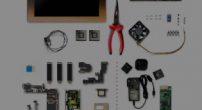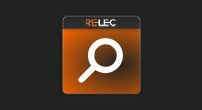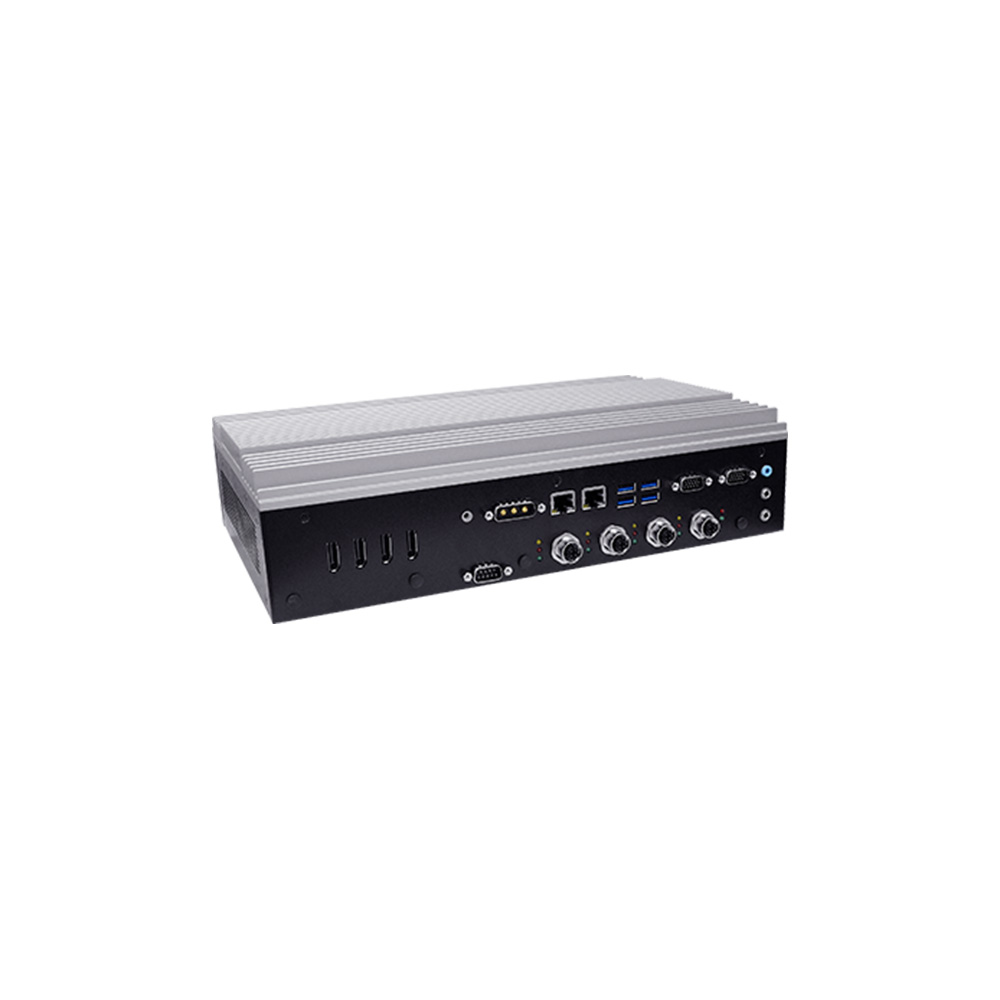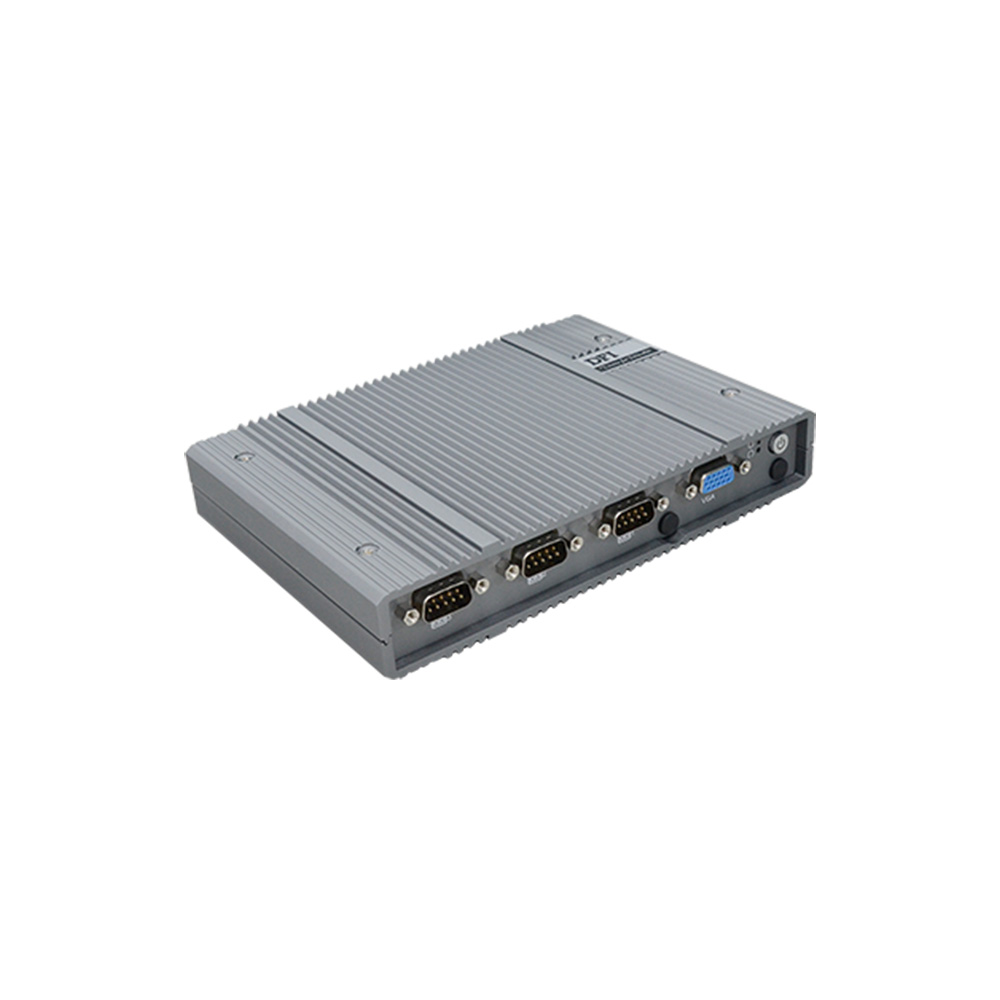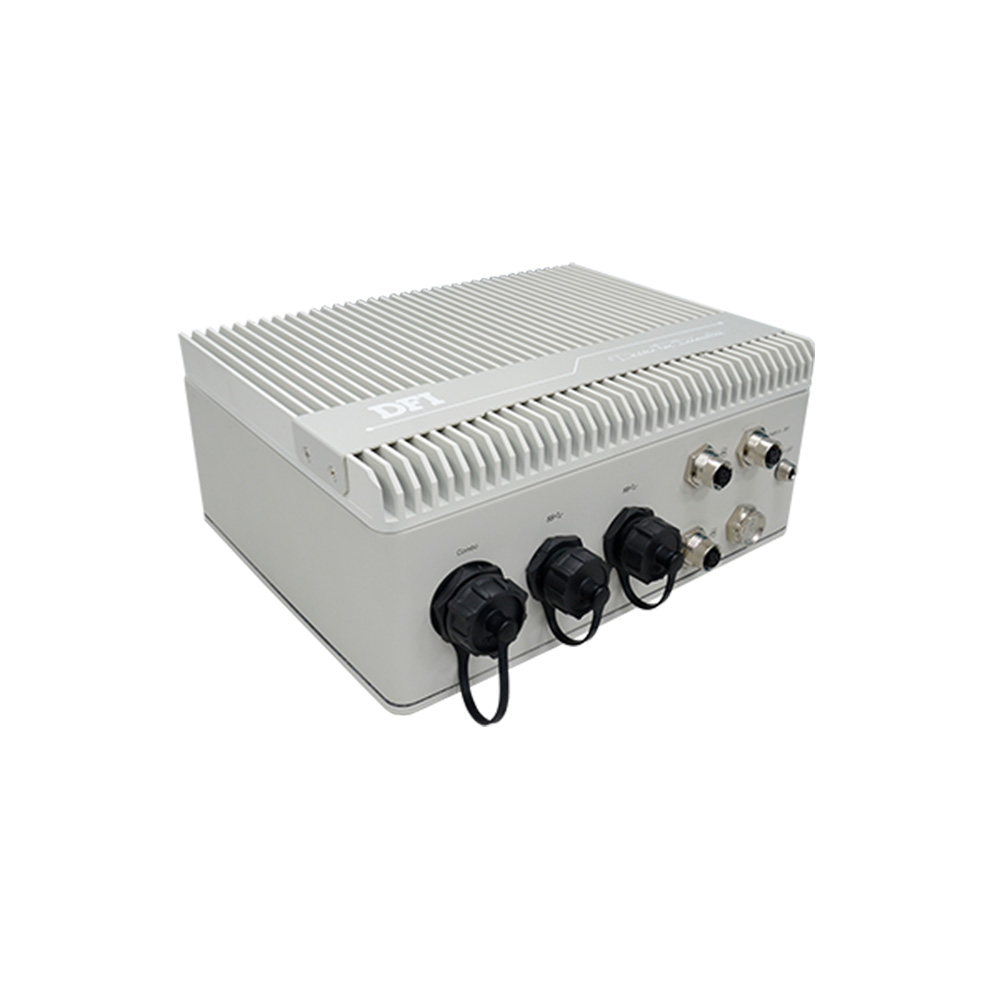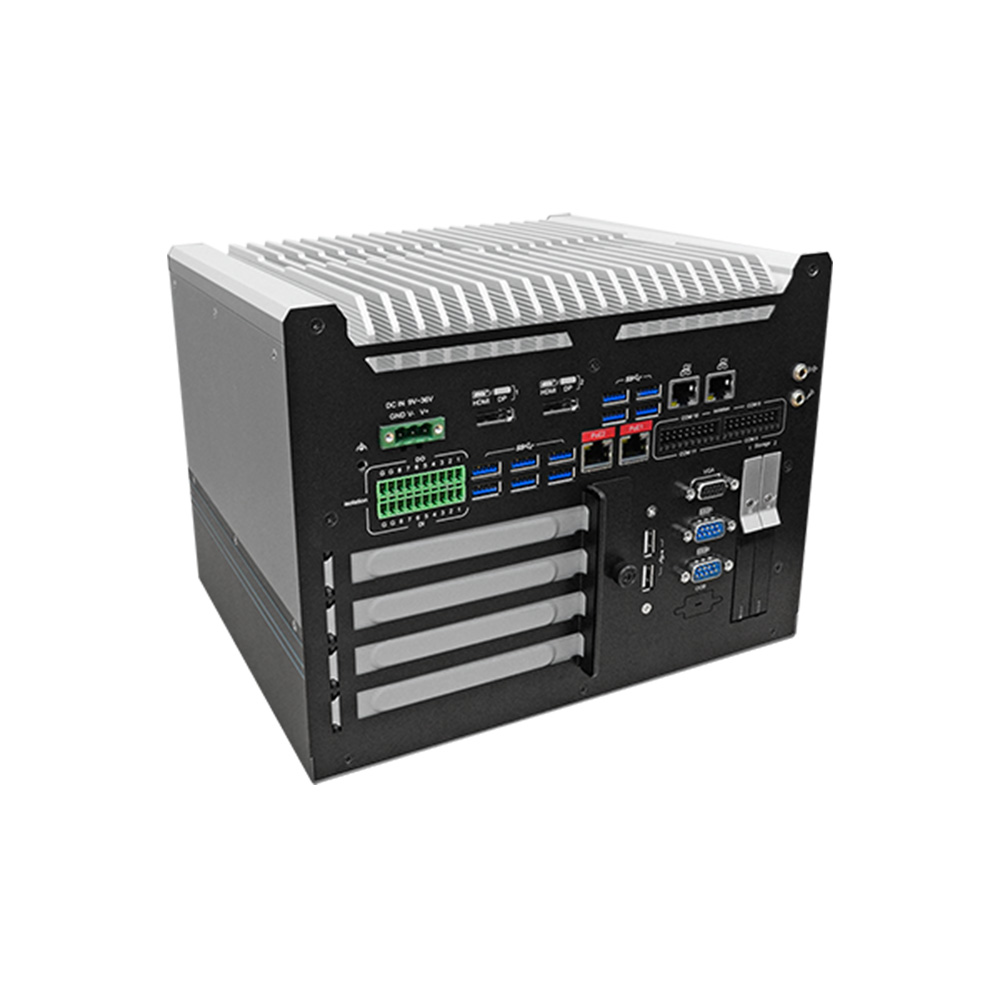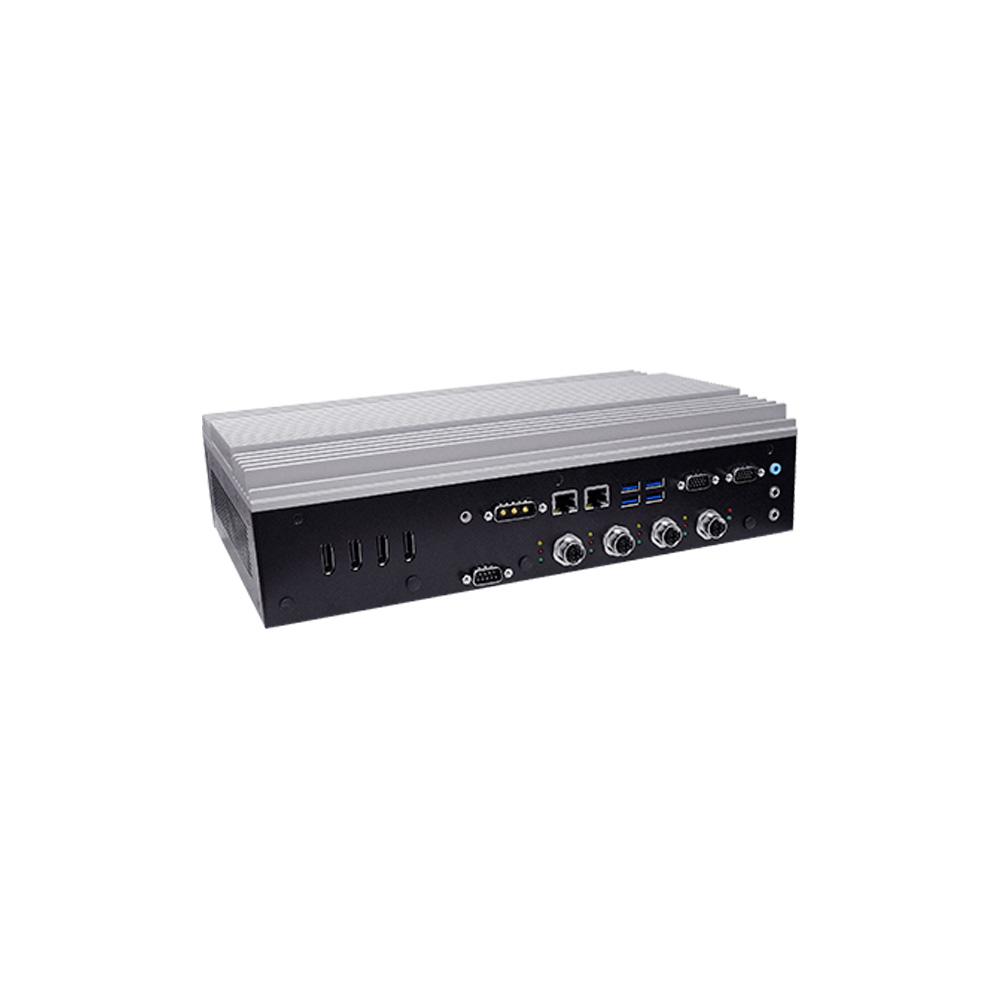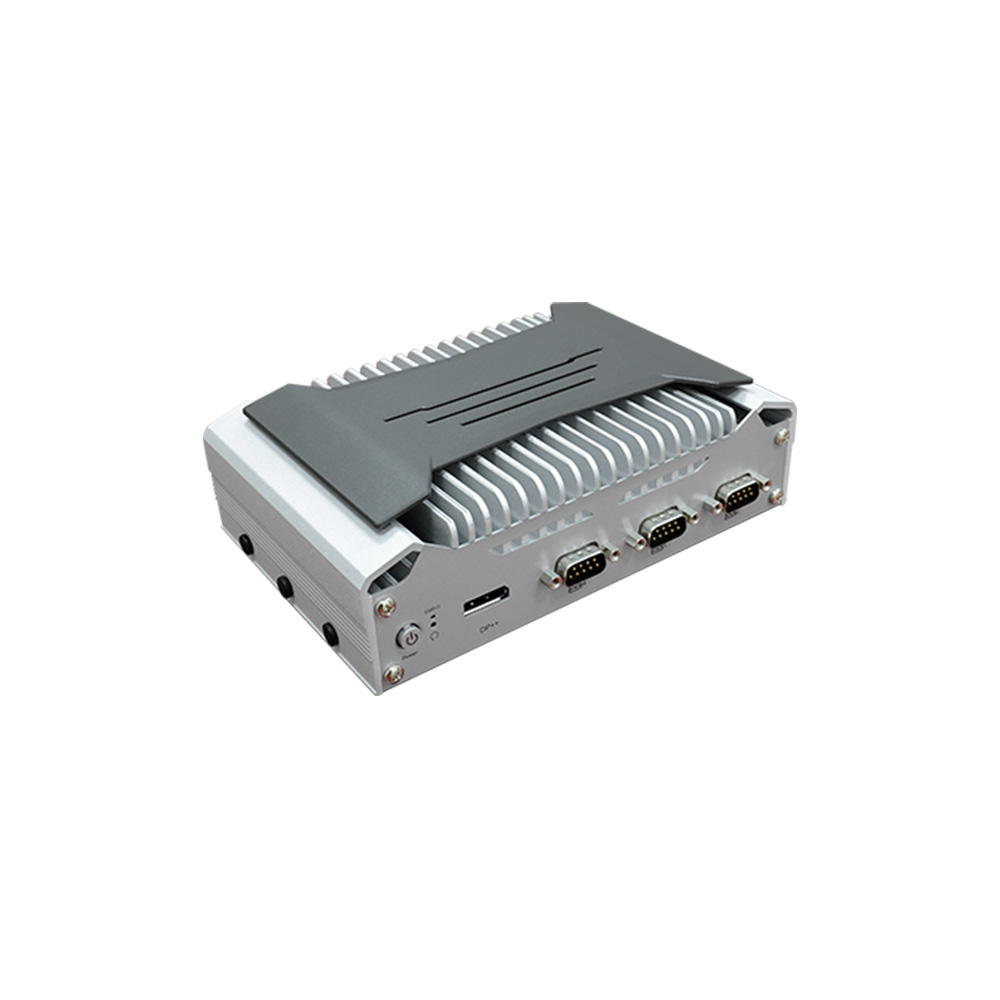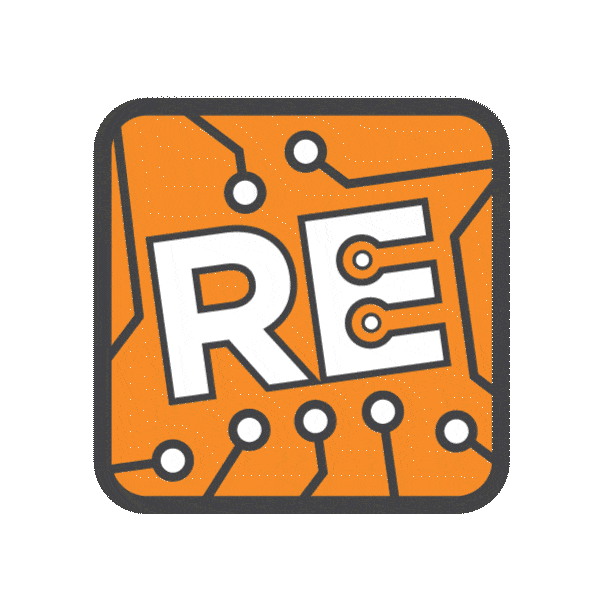How to Choose the Right Industrial PC for Your Application
5th March 2025Share This Post
Share This Post
When it comes to selecting the perfect industrial PC, the choices can feel as complex as the applications they support. Whether you’re automating a production line, running data acquisition software, or managing industrial IoT systems, the industrial PC you choose needs to align with your specific requirements. But with so many options available — from compact embedded systems to rugged, high-performance machines — how do you decide?
Let’s break it down.
What is an Industrial PC?
An industrial PC is a computer specifically designed for harsh environments, built to withstand extreme temperatures, vibration, shock, dust, and sometimes even water or chemicals. Unlike consumer PCs, industrial PCs prioritise reliability and long-term operation, often running 24/7 in demanding conditions.
Industrial PCs can come in a variety of form factors, from fanless compact designs to larger, fully rugged enclosures. The industrial PC market has grown rapidly, with leading manufacturers like DFI producing systems that meet the needs of smart manufacturing, automation, transportation, and energy industries.
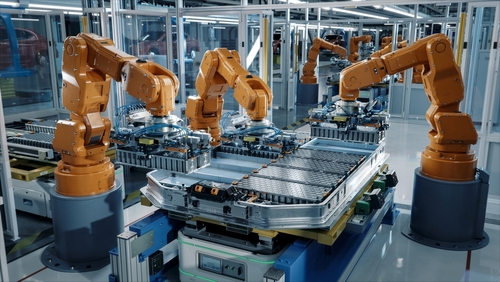
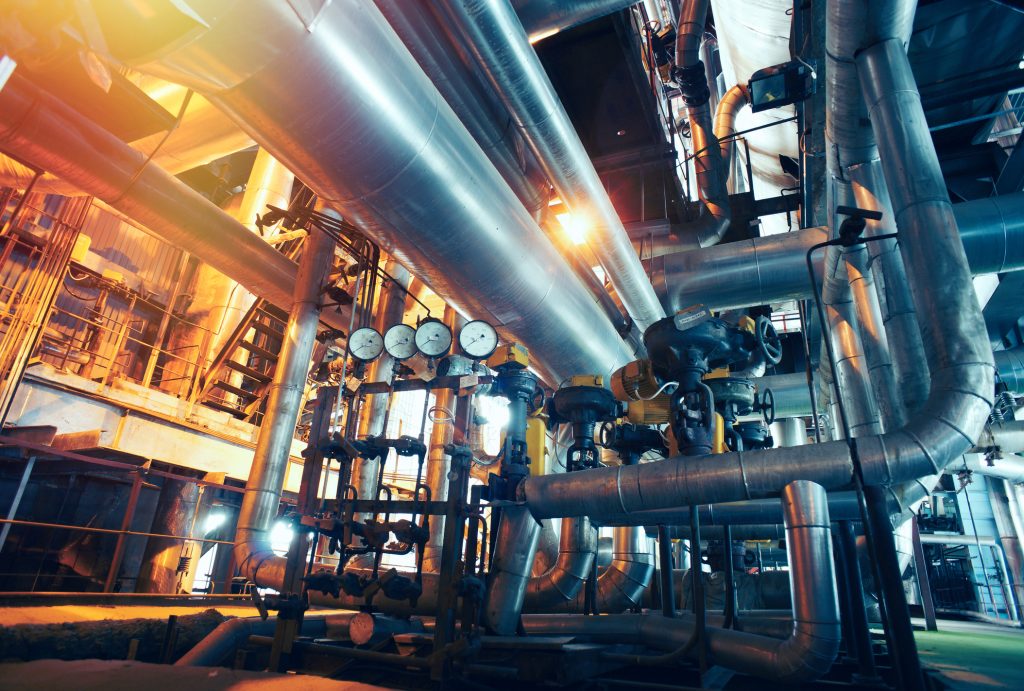
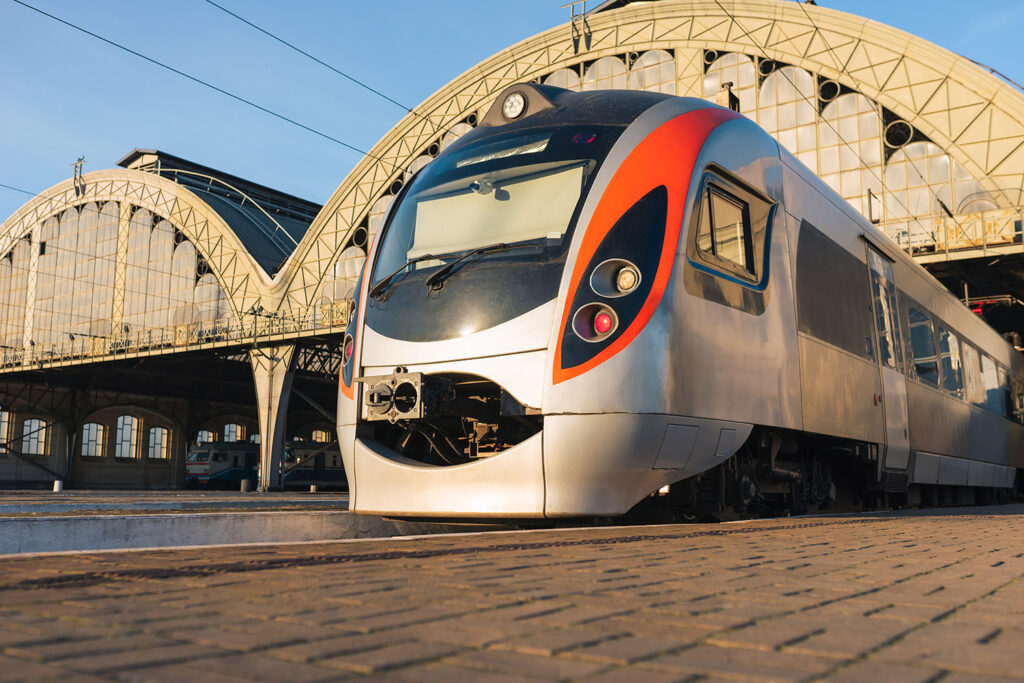
Key Factors to Consider When Choosing Your Industrial PC
Thermal management is crucial to ensuring optimal performance and reliability. Here are proven solutions:
1. Performance Requirements (CPU & Memory)
Your choice should start with understanding your processing needs. Are you running machine vision applications that need significant GPU power, or just basic data logging that requires low processing overhead?
- For heavy processing: Consider the VC500-CMS-MXM, which supports Intel® Xeon processors and up to 64GB memory.
- For lighter applications: The EC700-ADN offers efficient Intel® Atom® performance with a compact footprint.
2. Environmental Conditions
Will the system operate on a clean production floor, or will it be exposed to outdoor conditions, dust, vibration, or moisture?
- For rugged environments: The ECX700-ADP with IP67/IP69K certification offers superior protection against water and dust.
- For controlled environments: The EC543-ADS balances performance with cost for standard industrial setups.
3. Form Factor and Mounting Options
Space constraints are common in industrial settings, so understanding the size and mounting flexibility matters.
4. Connectivity, Expansion, and Operating System Compatibility
What peripherals and devices will your system need to interface with? Check for necessary ports — DisplayPort, HDMI, USB, VGA — and expansion slots for future upgrades.
Operating System Flexibility: Another critical factor is the operating system (OS). Our partners can pre-load or offer Windows 10, Windows 11, and for select models, Linux — giving you the flexibility to choose the platform that best supports your industrial applications.
All DFI industrial PCs featured on our site offer a versatile mix of ports and OS compatibility, ensuring seamless integration with both modern software and legacy industrial systems.
5. Operating Temperature Range
- Extreme temperature tolerance: Both the VC500-CMS and ECX700-ADP handle temperatures as low as -20°C and up to 70°C.
- Moderate climates: Systems like the EC543-ADS work well in standard industrial temperatures up to 60°C.
Why Choosing the Right Industrial PC Matters
Selecting the wrong system can lead to:
Unexpected system failures and costly downtime
Compatibility headaches with sensors, cameras, or machinery
Performance bottlenecks that slow down operations
On the flip side, investing in a tailored industrial PC ensures:
Long-term reliability in harsh environments
Seamless integration with your existing infrastructure
Scalable performance that grows with your needs
Industry Applications: Where These Industrial PCs Shine
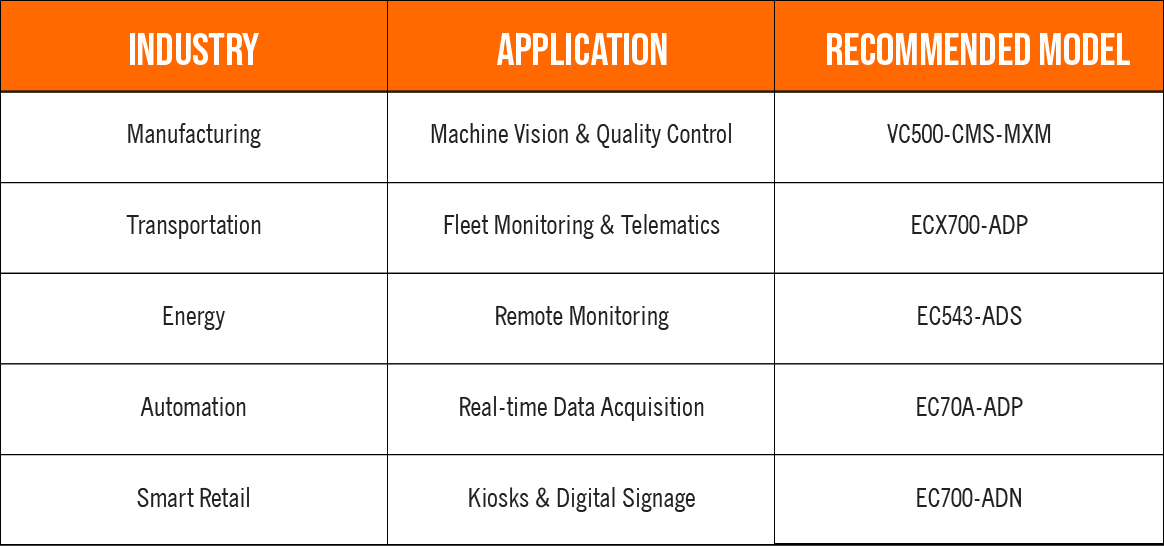
Common Challenges & How to Overcome Them
1. Balancing Performance and Cost
Not every application needs the most powerful processor. Evaluate your software’s real requirements and choose accordingly.
Pro Tip: Consider future-proofing — you may need more processing power down the road as applications become more advanced.
2. Environmental Protection
If your PC is exposed to outdoor or factory-floor hazards, choose rugged systems like the ECX700-ADP with IP67/IP69K protection.
3. Compatibility with Existing Equipment
Legacy machinery may rely on older interfaces like VGA. Be sure your new PC includes all necessary ports for seamless integration.
Conclusion: Choose Wisely for Long-Term Success
Choosing the right industrial PC for your application isn’t just about specs — it’s about ensuring seamless operation, long-term reliability, and adaptability to future demands. By carefully assessing your environment, processing needs, and connectivity requirements, you can select the perfect system to power your industrial application.
JOIN OUR Discord COMMUNITY
SHARE
sign up for our newsletter
Enter your email address below
LET’S MAKE THIS EASY. CALL 01929 555 700
why choose relec?
-
Faster
Our aim is to get back to you with an initial response within the hour.
-
Attention to detail
We pride ourselves on getting you the right product, at the right price and on time.
-
New ideas
We are constantly looking for latest technology and products for your applications.
-
Beyond standard
It’s not just about the product. Our service goes way beyond the norm.
-
Easy
We want to make your life as simple as it can be. Call us to find out what we can offer.



